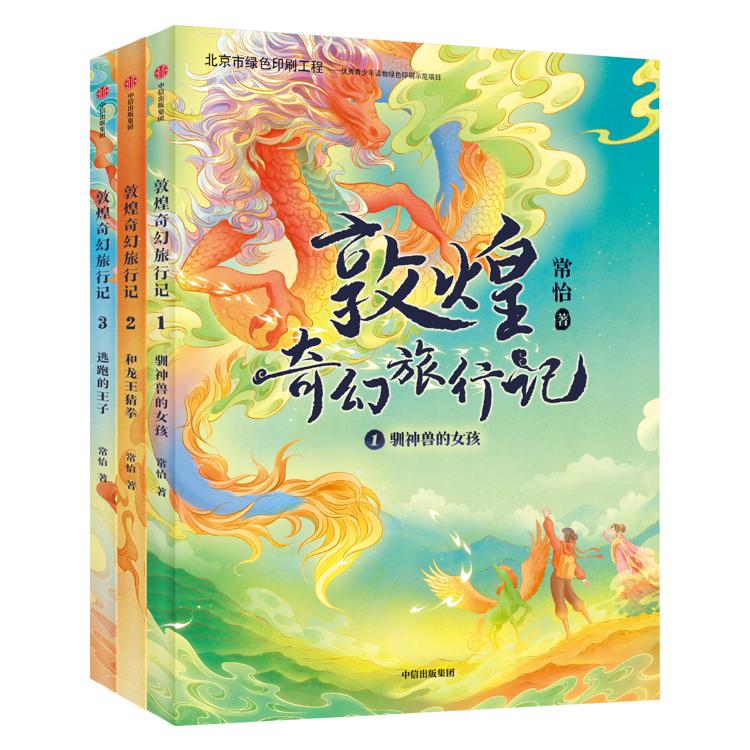

One night, the husband attended a feast together with other officials. Curious about how ugly the princess was, the officials got him drunk, took his keys and opened the princess' door. Disliked by the husband, the princess prayed to the Buddha every day for a beautiful look. Just before the door was opened, Buddha manifested himself and fulfilled her wish.
Hearing the good news, the king happily took the daughter back and she lived happily ever after.
"Committed sins in previous lives can make you 'ugly', in the logic of Buddhist karma," Chang says.
"It's impossible to tell such a story to children today.
"Actually there are a lot of stories in the frescos that cannot be told to children because they are bloody and violent, or against modern ethics."
The stories in the frescos are highly religious. Even the journey of Zhang Qian featured in the fresco was for a religious purpose, she says.
In the Han Dynasty (206 BC-AD 220), Zhang went to explore the world outside China as the imperial envoy and brought back valuable information about Central Asia-as a pioneer of the ancient Silk Road.